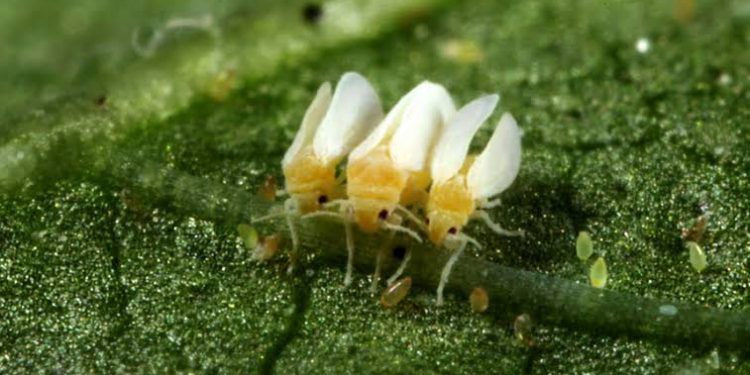Houston: Insects wounding fruit and vegetable crops may make them healthier for human consumption by increasing their production of antioxidant compounds prior to harvest, according to a study which may lead to new techniques in the fresh food industry.
According to the researchers, including those from Texas A&M University in the US, leaf injury in fruit crops — like those caused by insects — may lead to healthier organic produce.
The study, published in the journal Scientific Reports, used a strawberry crop model, and subjected its leaves to various levels of wounding a few days before fruit harvest.
“We found how several genes associated with sugar translocation and phenolic compound biosynthesis were overexpressed in the distant strawberry fruit,” said study co-author Facundo Ibanez from Texas A&M University.
All plants are equipped with a natural defense mechanism to produce specialised chemicals called secondary metabolites, some of which can ward off predators, the scientists said.
“There was the existing idea proposed by others that insects present in the field in organic farming could cause a stress response in the plant, and increase antioxidant compounds. However, this hypothesis or concept was never tested until now, where we mimicked the damage caused by insects,” said Luis Cisneros-Zevallos, study co-author from Texas A&M University.
According the study, fresh produce can be an excellent source of health-promoting compounds.
Based on the findings, the researchers suggested that insects may be allies to achieve even healthier produce.
“Healthier grown produce for the food industry can be a driving force for large-scale production and an attractive investment to relevant stakeholders,” Ibanez said.
Continuing from earlier studies on wounding stress effects on different crops, the scientists planned to mimic the attack of insects on leaf surfaces.
“This observation was key when we designed the strategies to be used in the study, that simple wounding stress on leaf surfaces elicited this systemic response with the unique observation of higher accumulation of phenolic antioxidants in fruit,” Ibanez said.
According to Cisneros-Zevallos, understanding the mechanism by which antioxidants are produced by a simple stress like wounding on plant leaves can transform how the fresh produce industry operates, including both organic and conventional crops.
“And it may allow the industry to adopt novel tools based on pre-harvest stress to favour the accumulation of healthier antioxidants in fresh produce and processed foods,” he added.
PTI







































